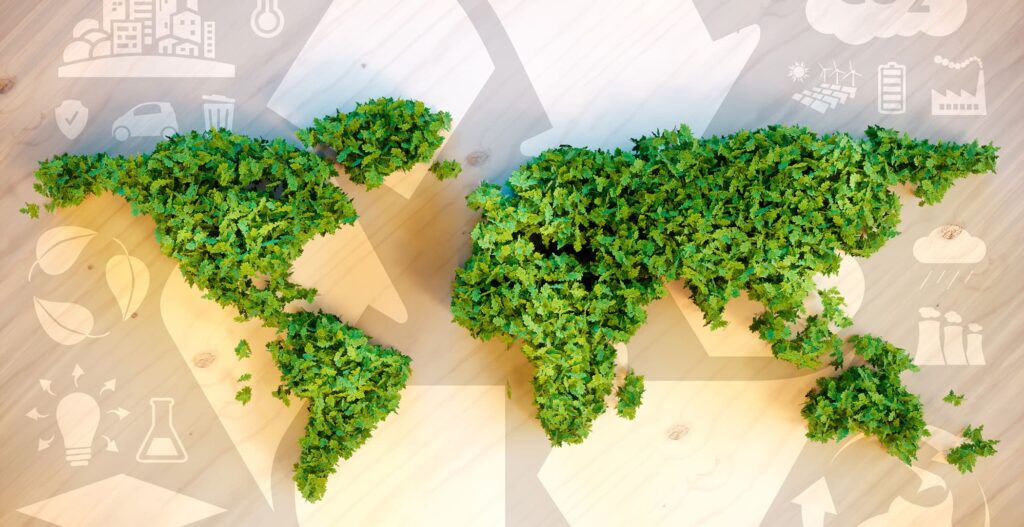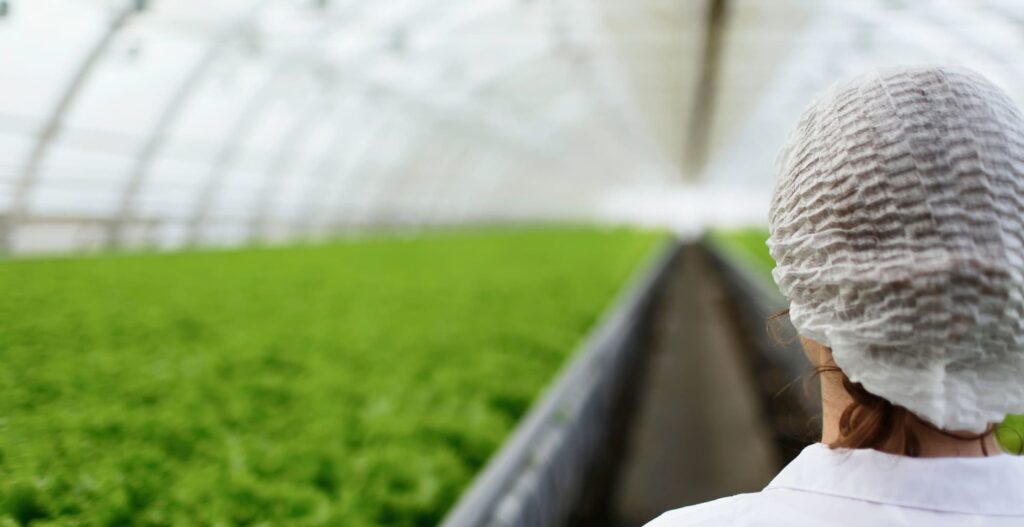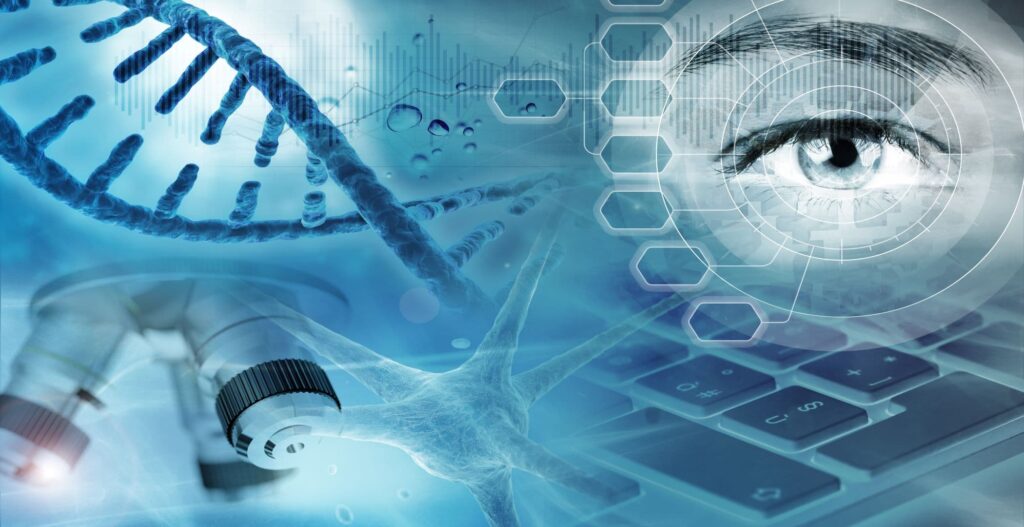Life Science Business
The particular challenges of the process industry are resource conservation, sustainability, green deal, or circular economy. At the same time, productivity and efficiency must be increased. How do you assess this situation?
Ulrich Pichler: With the 2030 Agenda, adopted by the United Nations in 2015, momentum has been built into global efforts to create a more sustainable society. Yokogawa is committed to this UN resolution. In August 2017, Yokogawa announced its three long-term Sustainable Development Goals – targets we aim to achieve by 2050 at the latest. These include net-zero emissions, which we are striving to achieve, the transformation from a one-way economy to a circular economy, and promoting and ensuring the well-being of all – in other words, fundamentally improving the quality of life.
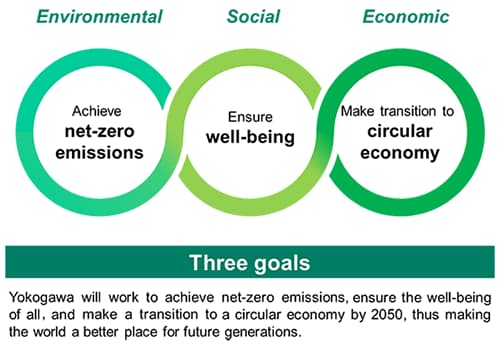
For our life science business, which launched in 2018, our existing business in the pharmaceutical industry is very helpful. We don’t have to start from scratch with new technologies and developing life science products. On the contrary, our customers value us for our know-how and many years of experience in the application of measurements. Our high-performance instruments and system solutions lead to a fundamental improvement in productivity throughout the value chain, starting with basic research.
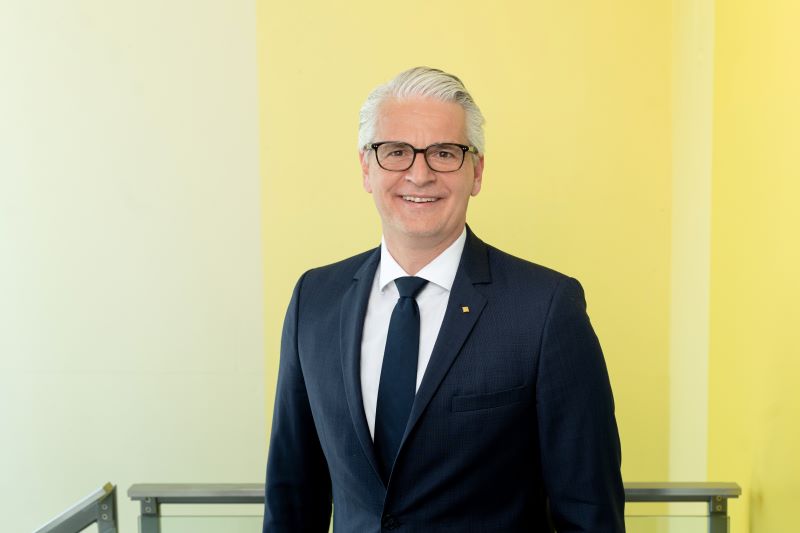
Automated Subcellular Sampling System
Could you give us an example?
Ulrich Pichler: Most of our life science solutions are designed to support applications in basic research, drug discovery, and preclinical studies. For example, Yokogawa’s confocal microscopy technology is used in regenerative medicine and other applications. It enables fast, high-resolution imaging of living cells under minimal photo-toxic conditions. Based on a highly sensitive analysis of 3D images, cells are automatically and accurately scanned using precise positioning technology.
At a time when more and more people are reaching 100 years of age, we can accelerate the development and provision of solutions that serve to protect life and health. For example, the newly developed Single Cellome System 2000 is a solution that will play a key role in future cell research. The technology can be used not only to identify the properties of individual cells but also to understand the networks and communication between cells and thus uncover pathological mechanisms.
Main applications for Single Cellome System 2000
Will you also produce and distribute your own chemical or biochemical products?
Ulrich Pichler: In fact, we are charting this new course as well. The bioeconomy is considered an important pillar for building a sustainable society; it is one of the focus areas defined in Yokogawa’s long-term business framework. The demand for biomass materials is increasing, and in this fast-growing market, we can leverage our core technologies and global sales and service network. Against this backdrop, Yokogawa Bio Frontier Inc. was established last year, as a subsidiary in Japan focused on the production and sale of innovative plant-based biomass materials. We have been able to build up expertise in this business area by working closely with companies such as Alga-Energy and Bloom Biorenewables SA.
Alga-Energy is a Spanish company that is a technology leader in the production and application of microalgae. There are strong synergies; Alga-Energy and Yokogawa work closely together in R&D, manufacturing, marketing, and sales. And together we are pursuing a plan to build a leading partnership in global microalgae biotechnology.
Bloom Biorenewables is a Swiss startup that focuses on the use of biomass with its highly efficient lignin extraction technology. There is an agreement with Bloom that we will jointly promote the use of biomass. So Yokogawa Bio Frontier will supply Bloom’s products to producers in the chemical and pharmaceutical, and food and cosmetics industries, initially in Japan, who are interested in alternatives to petrochemicals. This is, in a way, our first appearance as a biomass supplier, and for very different industries. In the future, we want to work with other strategic partners who contribute to the development of circular economies.
What role does the acquisition of Insilico Biotechnology play?
Ulrich Pichler: Insilico is a Stuttgart-based developer and provider of bioprocess software and services. This company has developed a digital twin-based bioprocess technology that can significantly accelerate the development process of biopharmaceuticals, which previously required several years, thanks to the new predictive and simulation capabilities. At the same time, this technology also provides deeper insight into metabolic processes. Complex cell cultivation processes, individual metabolic reactions, real-time visualization and analysis of environmental factors, and much more play a role here.
Insilico’s Digital Twin solution also enables the creation of metabolic models for bacteria and other cellular organisms, so that it can then be used to generate food, chemicals, and other products using biotechnology. We intend to leverage this acquisition to support biopharmaceutical processes from development to manufacturing. And we will use our engineering as well as our distribution network to expand the commercialization of bioprocesses.
